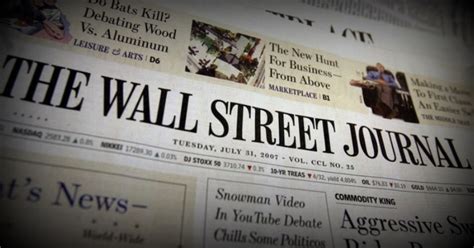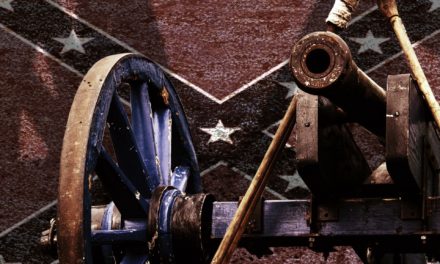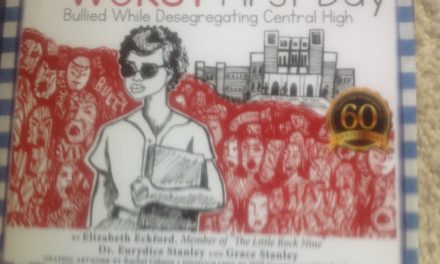By John Branston
Two big news stories with local angles: Trump’s libel suit against The Wall Street Journal and the release of documents on Martin Luther King Jr.
First the WSJ. You would expect Trump to sue The New York Times or Washington Post but not the Wall Street Journal because its opinion columnists are MAGA through and through and, by my lights, Trump’s main enablers along with Fox News – especially in the close 2016 election that Hillary was supposed to win. Also, you would not expect “pubic hair doodle” to be the world’s most popular search term.
Newspapers like to say there is a “ten-foot wall” between their reporting and news-editing folk and their editorial and opinion writers. The problem is that they operate in the same building under the same masthead and we live in the Age of Opinions and Influencers ,so there is some bleed.
The WSJ, a global power of conservative thought, is especially proud of this separation of powers. Its editorial board credo says “The Journal stands for free trade and sound money, against confiscatory taxation and the ukases (sic) of kings and other collectivists; and for individual autonomy against dictators, bullies, and even the tempers of momentary majorities.”
A ukase is a proclamation, but you probably already knew that if you have a PhD in Obscure Russian Words from Yale. A bully is someone like Trump. The WSJ editorial writers have been conspicuously silent about Trump calling their employer a “rag.”
The news side of the WSJ is stupendous, exemplary, gutsy, and a crash-course in journalism for young reporters. I have been a subscriber since 1979 when I got my first news job and enough dough to buy 100 shares of Polaroid. Journal reporters became authors who took down Clarence Thomas, The Clintons, and several tycoons. Editorial writers David Brooks and Bret Stephens migrated to the New York Times. Max Boot went to the Washington Post. Dorothy Rabinowitz wrote in 2016 for the WSJ that Hillary was, at least, “demonstrably sane” – a memorable ukase if there ever was one.
One of the great advocates of free trade was Fred Smith. Memphis would be a different place had he not started FedEx. And if all the things that pass through Memphis on trucks, boats, trains and planes were hit with Trump tariffs it would suffer.
Regional newspapers in Memphis, Nashville, and Jackson, Mississippi also had ten-foot walls that got breached now and then. The CA ran the racist “Hambone” cartoon until 1968 and Billy Graham’s “column” on news pages long after that.
The second national story with a Memphis angle and interesting back story is the release of the MLK files. As many have noted, it is probably a Trump distraction, but such things get lots of attention, like it or not.
The King family and several of its prominent friends believe that James Earl Ray did not shoot King. Attorney William Pepper represented Ray in a televised mock trial (opposed by Hickman Ewing) where Ray was found not guilty. Pepper’s Memphis connections included Commercial Appeal reporter Steve Tompkins (who was a friend and former colleague). He wrote a long story in 1993 based on unnamed sources that suggested Green Berets were prepared to whack King. It was exposed as a farrago of nonsense on national television.
No doubt Trump is aware that the mere suggestion of a “hoax” is enough to take some of the heat off of him.
***
To read more John Branston’s posts, go to categories on the right side of this blog’s home page and select his name.
John Branston has been contributing to Smart City Memphis for four years. Before that he wrote columns, breaking news, and long-form stories for The Commercial Appeal, Memphis Flyer, Memphis magazine, and other print and online publications. He is author of the books Rowdy Memphis (2004) and What Katy Did (2017). He is a journalist and opinion writer. His stories are based on reporting, interviews and quotes supported by notes or a tape recorder. He has written about people who made Memphis what it is, for better and worse; about sleep issues and depression; about racquet sports; and about travel in the South and West.







The Wall Street Journal really is invaluable for anyone interested in business. When I I was a very young man, I read a lot of left-wing newsletters and journals. After a while I noticed that they often referred to scandals and corruption reported in the WSJ. I thought: why not read the source. I have been reading the WSJ ever since — at this stage I am in my 80s and still read it each morning. The editorial page is right wing propaganda — but the business stories can easily make a progressive out of most readers.